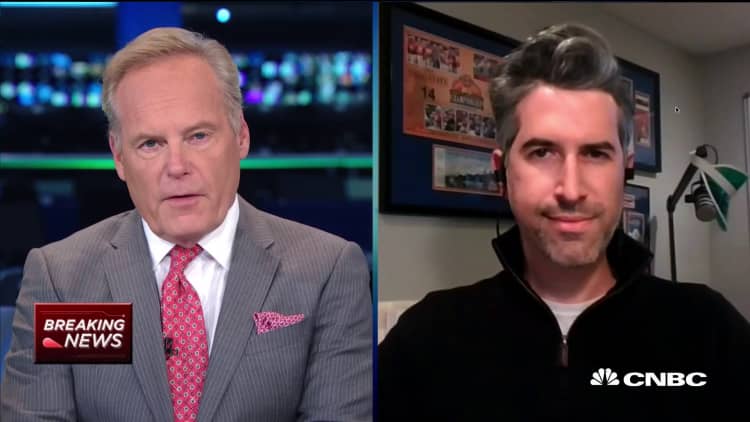No this is not an April Fools' Day joke. It is actually 401(k) Day, and it marks the beginning of Financial Literacy Month.
Maybe you already are invested in a 401(k) plan but have not paid much attention to it. Or, you have not yet started saving for retirement and have seen coverage about retirement investments lately due to the market volatility amid the coronavirus pandemic. No short-term fluctuation in stocks should discourage you from learning the basics and taking steps to invest for the long-term and have a more financially secure future.
401k basics
A 401(k) is a tax-deferred retirement plan. That means the funds that are contributed to the plan are taken from a paycheck before it is taxed. The name, 401(k), actually comes from a section of the Internal Revenue Code that permits employers to create a retirement plan in which employees can contribute a portion of their wages on a pretax basis. This section of the code also allows employers to match employees' contributions. Contributions made by employers are essentially free money for employees.
While 401(k) accounts have generated wealth for hundreds of thousands of Americans, they may have never existed had it not been for a clever retirement benefits consultant, Ted Benna, known as "the father of the 401(k)." The IRS section was added in 1978 and for nearly two years went unnoticed, until Benna devised the first 401(k) for a client. The client rejected the plan for fears that once the federal government realized the potential tax loss they would repeal the 401(k) provision. In fact, the government tried to repeal the 401(k) twice but failed both times. To date, it is estimated that 401(k) retirement plans have had around $4.8 trillion invested in them.
More from Invest in You:
The historic $2 trillion CARES act will be an economic lifeline for gig worker, freelancers
5 ways to ensure that the coronavirus outbreak doesn't cripple your retirement savings
What you can learn from a tanking market: Some good financial habits
What should you do if you are offered a 401(K) from your employer?
Mitch Goldberg, president of investment advisory firm ClientFirst Strategy in Melville, New York, says check if there is a company match and how much you have to contribute to receive the full matching amount. For example, if company matches up to 3%, it would be wise to have at least 3% of your pre-tax pay placed in the 401(k) plan. If you are not contributing enough to meet the full match, you are leaving free money on the table.
Risk tolerance and time horizon
The next step, according to Goldberg, is assessing your risk tolerance and time horizon. "For beginners, I like to say that your time horizon to retirement is how you determine your risk tolerance. If you are young and just starting out, you could afford to go through big ups and downs in the stock market."
For young investors worried about recent volatility in the market, Goldberg offers some reassurance: "If you're in your 20s and you see your parents freaking out over the stock market, that would have an influence on you. But the thing is, you're in a very different part of your investing career than they are. The point is, a down market is your friend while you are in the accumulation stage of your life."
Research has shown that people who did not tap retirement funds during the last downturn had better financial recoveries.

SIGN UP: Money 101 is an 8-week learning course to financial freedom, delivered weekly to your inbox.
CHECK OUT: Calculate how much you could get from the coronavirus stimulus checks via Grow with Acorns+CNBC.
Disclosure: NBCUniversal and Comcast Ventures are investors in Acorns.






